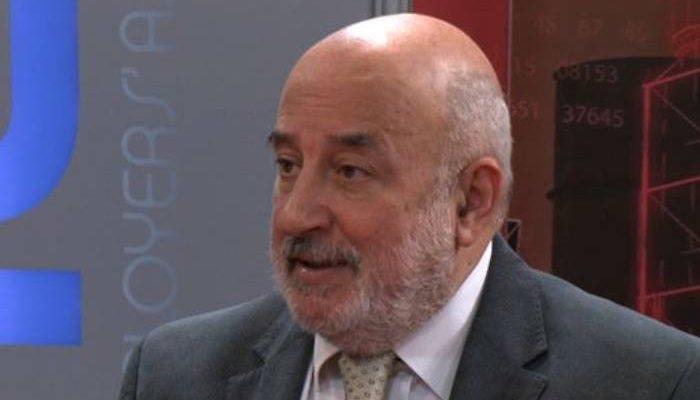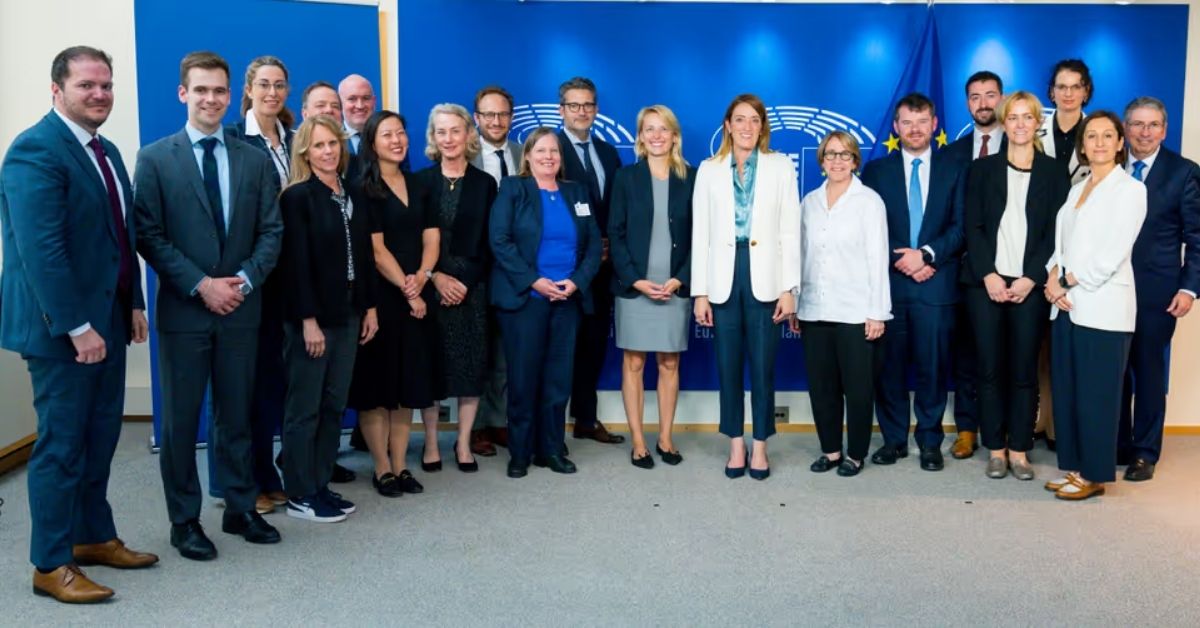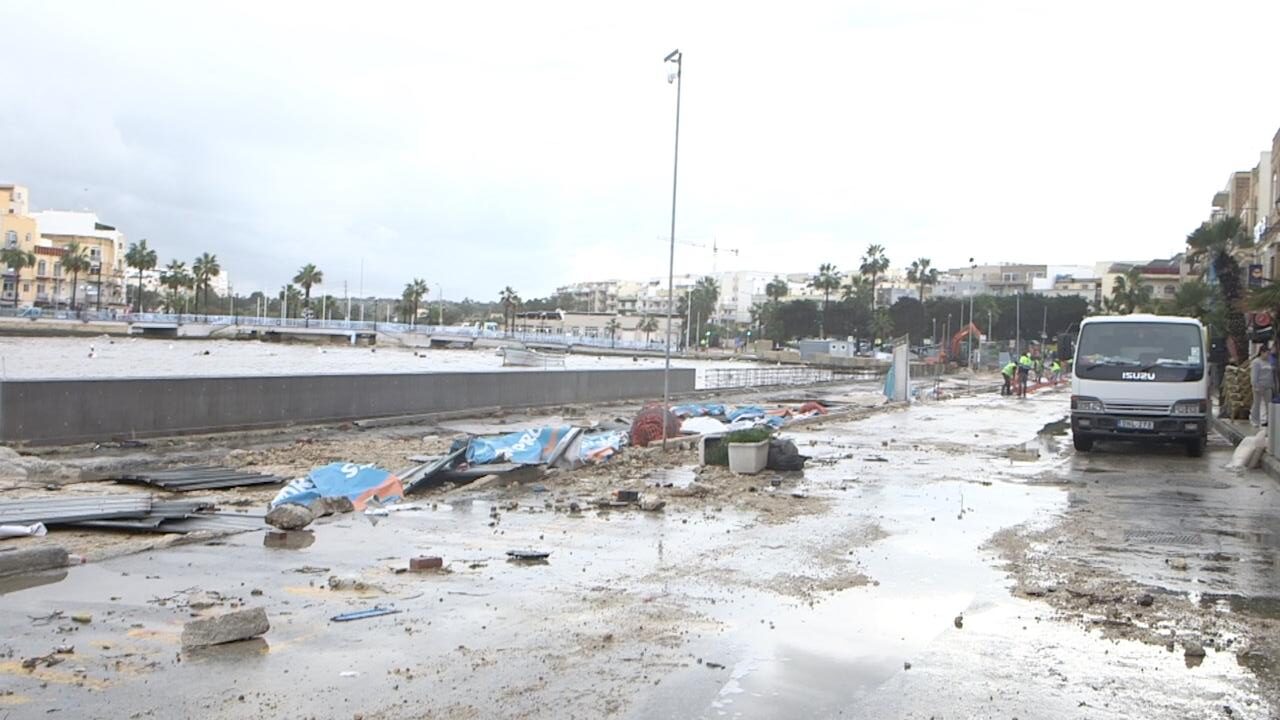The Malta Employers Association (MEA) is calling on Government to set up a task force to address the “population crisis” and recommend short and longer term demographic strategies for Malta.
Described as a “fundamental proposal”, the association referred to “growing signs” that the country’s infrastructure is not coping with the amount of people living on the island.
“Power cuts, waste generation, traffic issues, drainage overflow are just a few symptoms of this situation.”
The stark warning is part of the MEA’s pre-Budget document, released on Monday (today), in which it also urged Government to bring its spending under control while projecting seriousness in its use of public funds.
The increase in Malta’s population, is ultimately the result of a need for human resources. The association put forward a number of proposals to alleviate the severe shortage of workers felt throughout the economy.
“A good part of the foreign employees in Malta is a direct result of squandering and misallocation of our own human resources,” said the MEA. It therefore suggested a “rationalisation” of the public sector workforce and a redeployment of capable workers to departments in which they are needed.
In tandem, efforts are needed to increase the supply to labour hours as much as possible. While criticising the addition of public holidays falling on weekends to employees’ leave allocation, the association called for a revision in pension rules to allow those eligible to retire at 61 to receive half their pension while continuing to work.
“Although prima facie this appears to be a cost to government, in reality the added output, and the tax revenue generated, will compensate for the tax deductions,” it said.
The Cost of Living Adjustment (COLA) is set to be around €13 per week in 2024, an “unprecedented” increase that many businesses say will place undue burdens on employer, especially when considering the fact that a portion of this increase is simple passed on to Government through taxes. The MEA suggested adjustments to the tax bands so that €3 of the weekly figure is compensated through tax deductions.
Other proposals put forward by the MEA include the state financing of political parties to reduce their links with business, described as “one of the roots of corruption”, a ban on Members of Parliament from the party in Government from holding any appointment in public entities, and the publication of all contracts entered into by Government with third parties.
Finally, it also called for the creation of a wellbeing index against which economic and social performance could be measured.
Featured Image:
Joe Farrugia, Director General of the Malta Employers Association
French NGO accuses Metsola and MEP of working with USA to dismantle Green Deal
Bloom calls out EU officials for 'adopting the Trump administration's strategy' to torpedo corporate environmental due diligence
Storm-hit businesses can now apply under amended Malta Enterprise scheme
A new measure offers targeted aid to storm-hit businesses while giving non-compliant operators one year to regularise their permits
Access to finance and rising fraud risks discussed at Malta Women & Finance Summit 2026
Expert advice for spotting scams and opinions on investing






